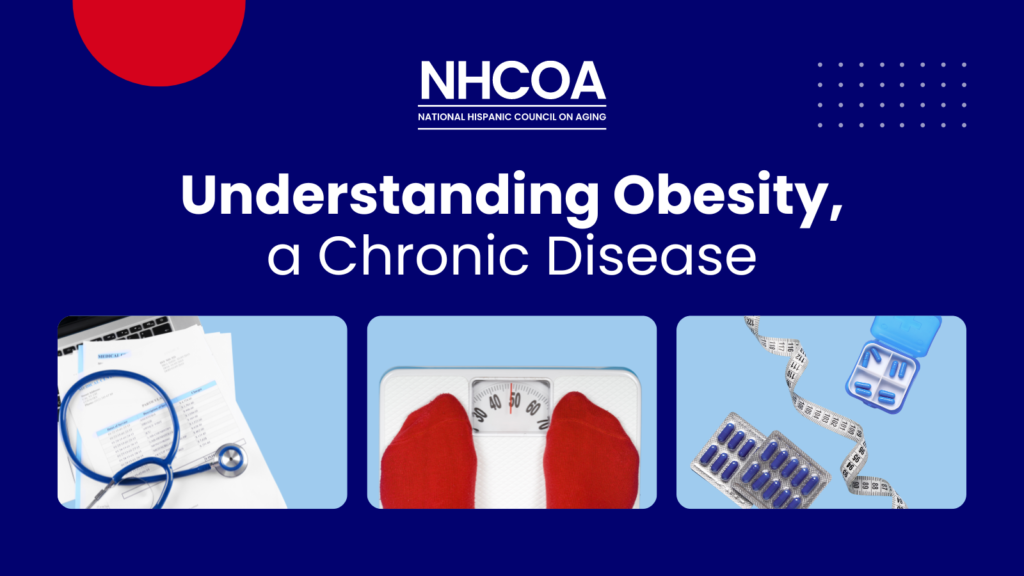
Obesity has been well documented as a chronic disease that impacts a massive proportion of the United States population. From 2017 to 2020, the prevalence of obesity in the US was found to be 41.9%, and specific to the US Latino population, the CDC estimates 45.6% to be experiencing obesity. But due to heavy stigma across the country, many are hesitant to learn the truth about the risks of obesity, and the treatments available for it.
According to the Centers for Disease Control, obesity heightens your risk of:
- Cardiovascular Disease
- Type 2 Diabetes
- Asthma
- Sleep Apnea
- Arthritis
- Depression
- Certain Types of Cancer
For all these risks to come with obesity, it’s strange to think that almost half of the country, and half of US Latinos remain obese and without effective treatments. The reasons for this are multi-faceted. Healthcare and social services in the US have long been considered both culturally and linguistically inappropriate in its care towards Hispanic and Latino communities. Healthcare professionals are frequently unprepared to adapt their knowledge on obesity to Hispanic and Latino patients, and are unable to account for the genetic predisposition, diets, and socio-economic factors that account for the patient’s obesity.
Typical treatment plans for obesity will often consist of Nutrition Therapy, Physical Activity, and Behavioral Modification, but these treatments are often inaccessible by patients with low income. All three of these treatments amount generally to change of lifestyle, asking the patient to begin changing their habits and routines surrounding their diet and exercise; changes like these are frankly easier said than done, and could even be considered a privilege to have the time to enact. Low-income households are unable to afford healthier foods, or even access them due to food deserts, where the most readily available sources of food are often fast-food restaurants. Physical Activity and Behavioral Modification treatments are also not easily accommodated by these communities, whose time is often dominated by work and caring for the rest of their household.
However, there is a fourth component of treatment for obesity, which is Pharmacotherapy, medical drugs designed to treat obesity. Anti-obesity medications do exist, and many have been approved by the US Food and Drug Administration, but low-income individuals are frequently unable to access them due to outdated regulations under Medicare Part D. Many of those who would benefit from AOMS, are beneficiaries of Medicare, but are currently unable to take advantage of a treatment that could vastly improve their lives.
This is where the Treat and Reduce Obesity Act (TROA) comes into play. TROA is a bipartisan legislation designed to fix these outdated regulations, and enhance these beneficiaries’ access to AOMS. To learn more about TROA, and how you can help in its advocacy, you can look to these organizations, linked below:
You can also read NHCOA’s letter to the House Energy and Commerce Committee of Congress. It addresses the issue of obesity in older adults and highlights the importance of TROA. It’s a valuable read for understanding and addressing this issue.

Recent Comments